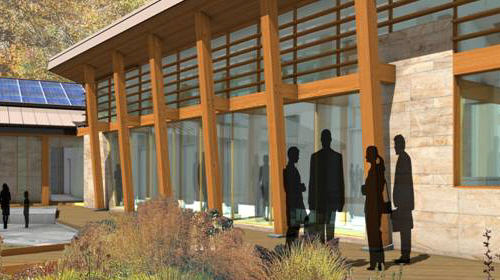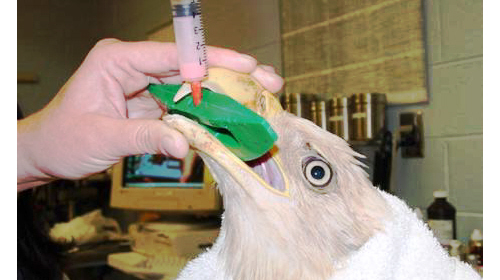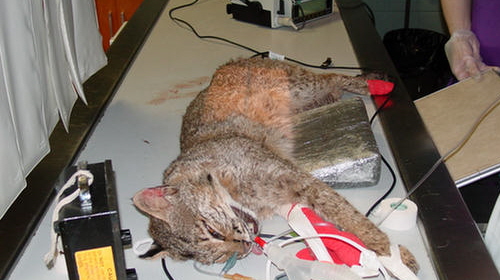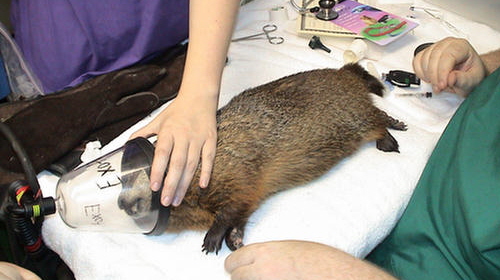OUR MISSION
To encourage wildlife conservation by promoting and providing professional veterinary care, education, zoonotic disease research, and humane treatment of wildlife injured or disadvantaged by human activity.
OUR OBJECTIVES
...to provide professional veterinary care to injured or disadvantaged wildlife as a result of human activity staffed by American College of Zoological Medicine (ACZM) residents and specialists
�to provide training opportunities for ACZM residents on a zoological specialist track and veterinary students in the care of wildlife
�to document and record the reasons for wildlife injuries and sickness presented to the hospital, and further evaluate responses to specific medical and surgical treatments to evaluate and improve the approach to wildlife medicine (clinical research)
�to provide medical learning opportunities to state licensed wildlife rehabilitators
�to coordinate the legal and appropriate distribution and rehabilitation of releasable candidates with state licensed rehabilitators
�to liaise with Federal and State wildlife agencies and state licensed rehabilitators to help identify release sites according to scientific merits
�to raise awareness of the negative impacts of urban sprawl which significantly impact wildlife populations due to injury and other human activities
...to provide learning opportunities on issues of wildlife and ecology to college students

















